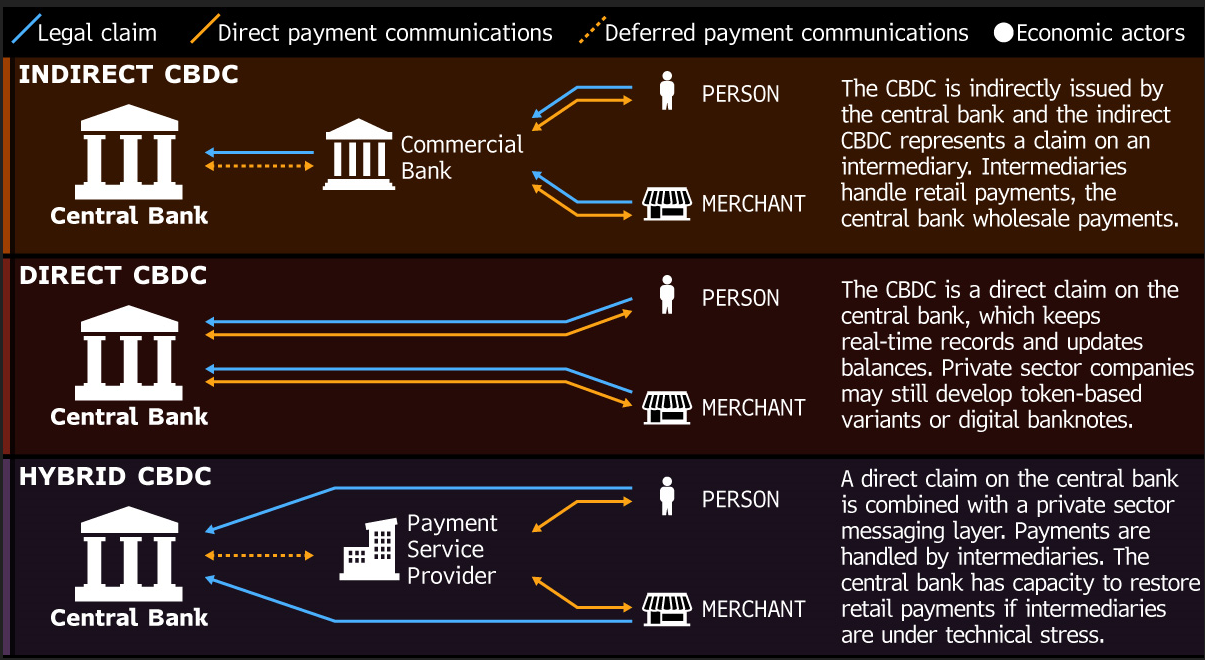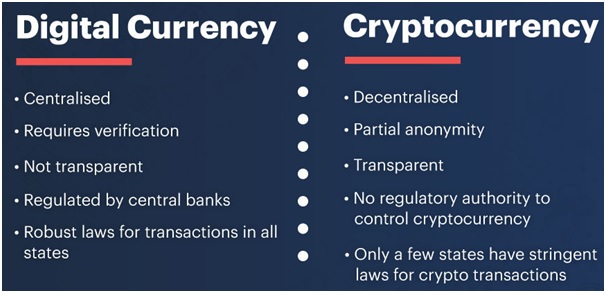900 319 0030
enquiry@shankarias.in

Society for Worldwide Interbank Financial Telecommunication (SWIFT) is a global member-owned cooperative that acts as a secure financial message carrier. It is headquartered in Brussels, Belgium.

CBDC initiatives undertaken in other countries include US (Digital Dollar), China (Digital Yuan), EU (Digital Euro), Sweden (eKrona), Japan (J Coin)
Source: The Hindu Businessline, Economic Times